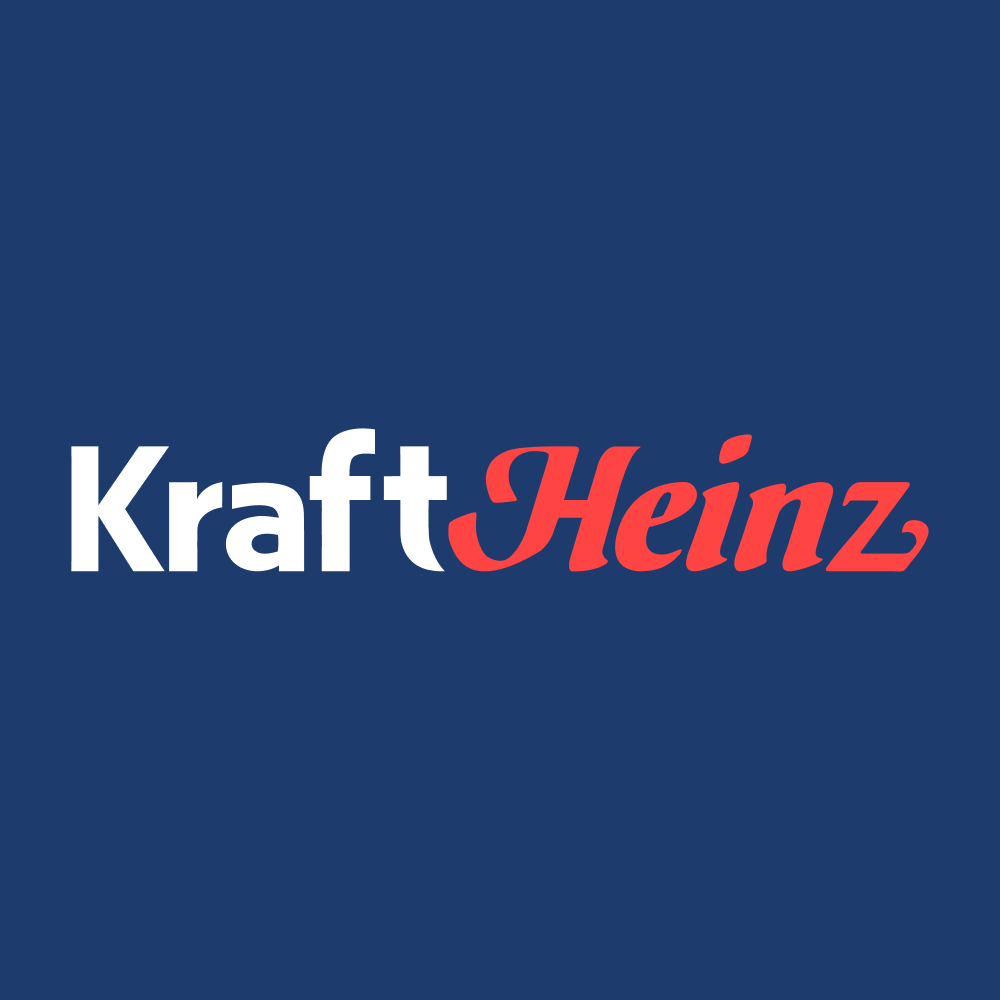Advertisement|Remove ads.
Workhorse Sinks On Merger Talks With Private EV Maker; Retail Bulls Still Betting On A Comeback

Workhorse Group shares fell Monday after the company said it is in discussions to merge with a privately held U.S.-based electric commercial vehicle manufacturer.
The stock closed down 36.4% at $2.81 on Monday, before slipping another 6% to $2.64 in after-hours trading.
Under the proposed deal, the unnamed manufacturer would merge into a newly formed Workhorse subsidiary in exchange for newly issued common stock, potentially giving the manufacturer’s investors a controlling stake in the company.
As part of the potential transaction, Workhorse also outlined plans to refinance its $33 million in outstanding senior secured convertible notes.
This would include a new convertible note and a roughly $20 million sale-leaseback of its Union City, Indiana, plant.
The refinancing plan contemplates the cancellation of existing warrants and the issuance of 3 million new shares to the current institutional investor in the notes.
Workhorse said that terms are not final and no definitive agreements have been signed.
As part of the process, Workhorse signed an exclusivity agreement with the manufacturer on Monday.
For the next 14 days, and subject to standard fiduciary exceptions, the company has agreed not to share information with, negotiate with, or enter into any deal with another party that could lead to an alternative transaction.
It also said it had explored other options before starting these talks and cautioned that there’s no guarantee the deal will happen or that it will proceed under the current terms.
On March 17, Workhorse executed a 1-for-12.5 reverse stock split to lift its share price.
By April 2, the company had received formal notice from Nasdaq confirming it had regained compliance with the exchange’s $1.00 minimum bid requirement.
Net sales for the first quarter totaled $0.6 million, down from $1.3 million a year earlier.
The decline was attributed to the divestiture of the Aero business and lower truck sales.
Cost of sales fell to $5.2 million from $7.4 million, driven by reduced inventory reserves and lower labor costs due to workforce furloughs.
On Stocktwits, retail sentiment for Workhorse was ‘extremely bullish’ amid a 1,373% boom in 24-hour message volume.
One user compared the proposed merger to a SPAC-style deal, but saw potential upside, pointing to improved positioning in the EV market, reduced financial strain through note refinancing, and a possible $20 million boost from a sale-leaseback agreement.
The user also noted that combining with a strategic partner could strengthen Workhorse’s competitiveness, especially if it brings complementary assets or customer relationships.
Another user described the timing of stock fall as “peculiar” and said that market behavior could remain unpredictable, adding that there might currently be a higher chance of an “absurd pump” continuing than not.
Workhorse’s stock has declined 70% so far in 2025.
See also: Tesla Doubles Robotaxi Zone In Austin; CEO Musk Promises 'Most Epic Demo Ever' By Year-End
For updates and corrections, email newsroom[at]stocktwits[dot]com.














/filters:format(webp)https://news.stocktwits-cdn.com/large_kraft_heinz_jpg_4db2a61952.webp)
/filters:format(webp)https://news.stocktwits-cdn.com/IMG_4530_jpeg_a09abb56e6.webp)
/filters:format(webp)https://news.stocktwits-cdn.com/large_immunitybio_stock_jpg_9eab8bde17.webp)
/filters:format(webp)https://news.stocktwits-cdn.com/IMG_8805_JPG_6768aaedc3.webp)
/filters:format(webp)https://news.stocktwits-cdn.com/large_Getty_Images_2230137825_jpg_d14459f501.webp)
/filters:format(webp)https://st-everywhere-cms-prod.s3.us-east-1.amazonaws.com/IMG_9209_1_d9c1acde92.jpeg)
/filters:format(webp)https://news.stocktwits-cdn.com/large_tom_lee_OG_2_jpg_9ae5c049c3.webp)
/filters:format(webp)https://st-everywhere-cms-prod.s3.us-east-1.amazonaws.com/Prabhjote_DP_67623a9828.jpg)
/filters:format(webp)https://news.stocktwits-cdn.com/large_Getty_Images_2213364715_jpg_59427544e3.webp)
/filters:format(webp)https://news.stocktwits-cdn.com/large_Getty_Images_2213364581_jpg_86d1ff954e.webp)